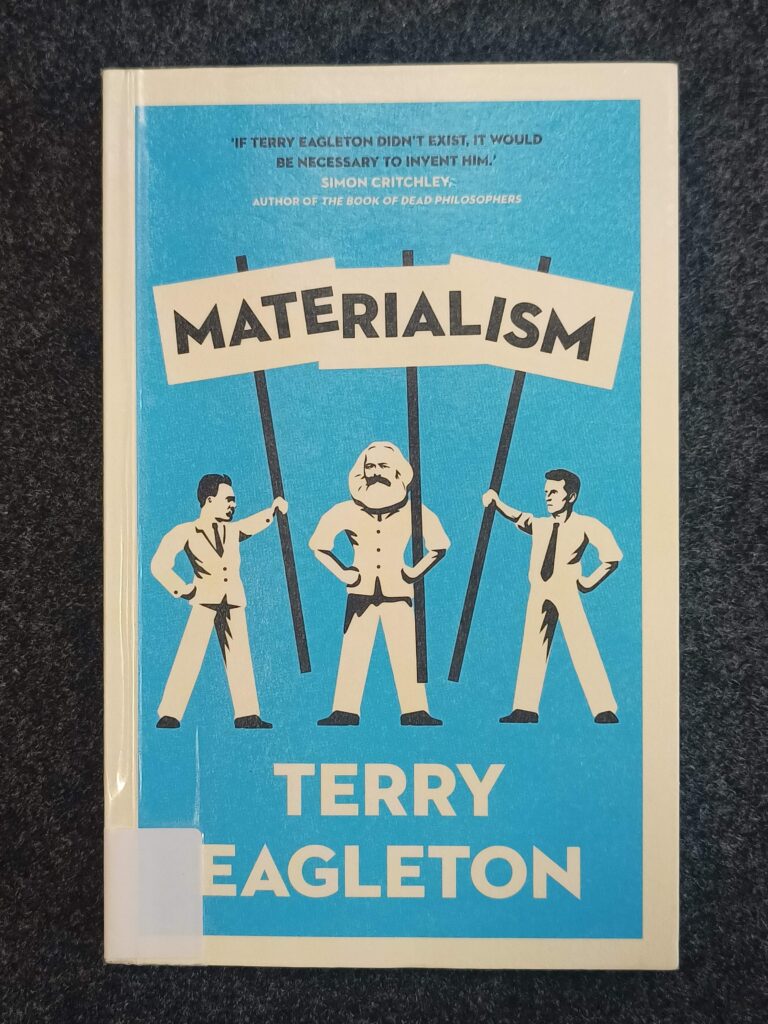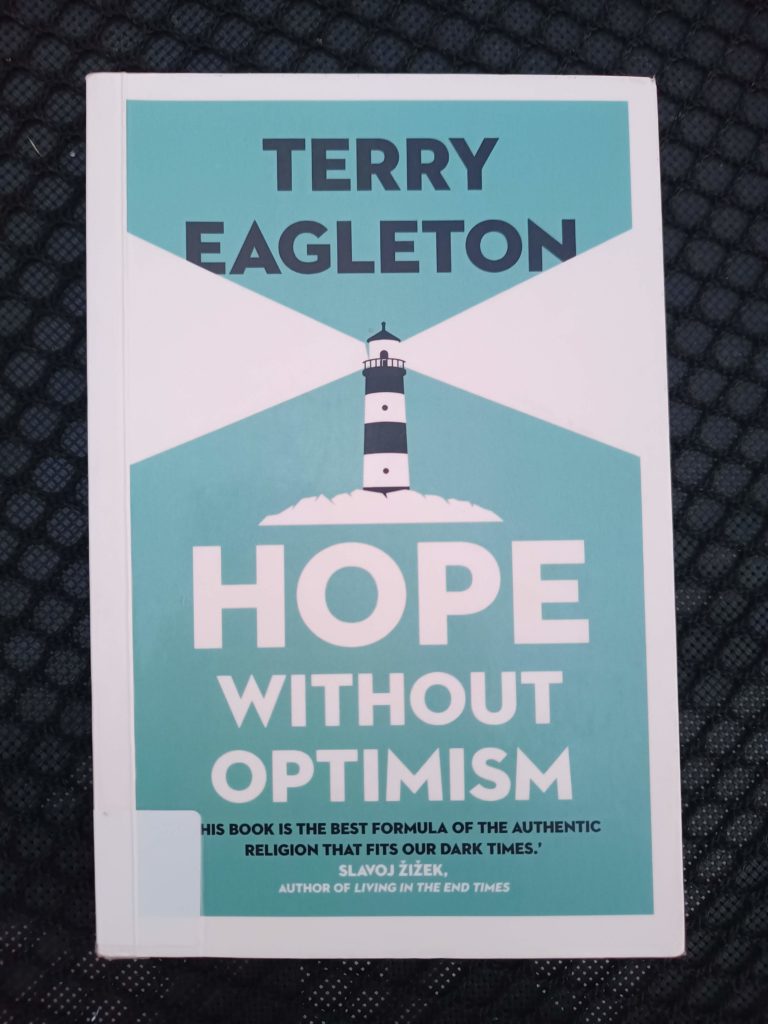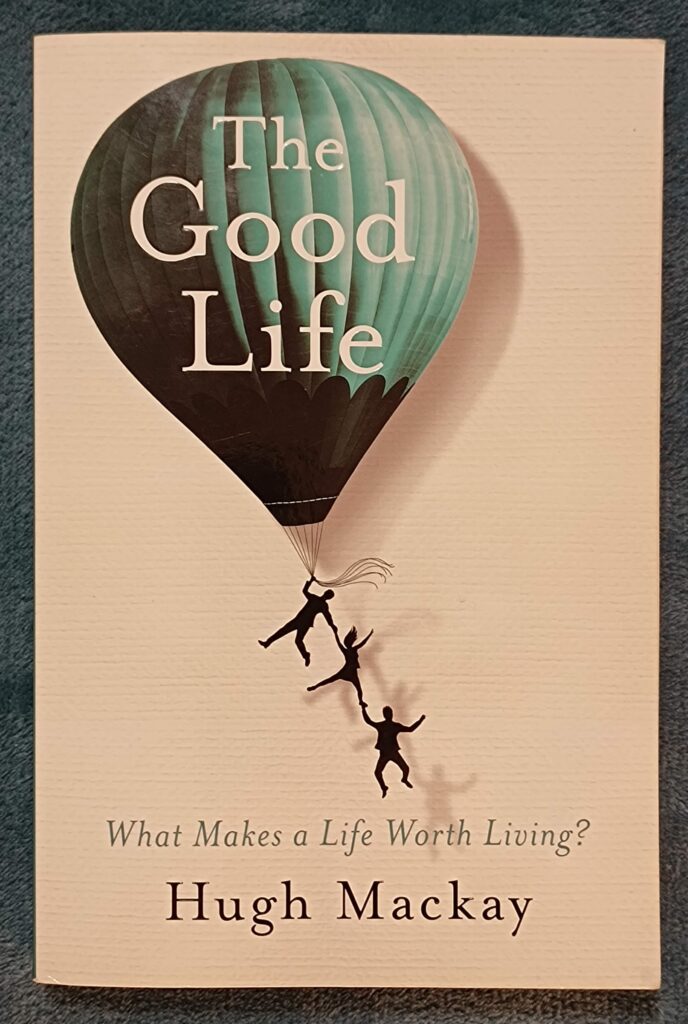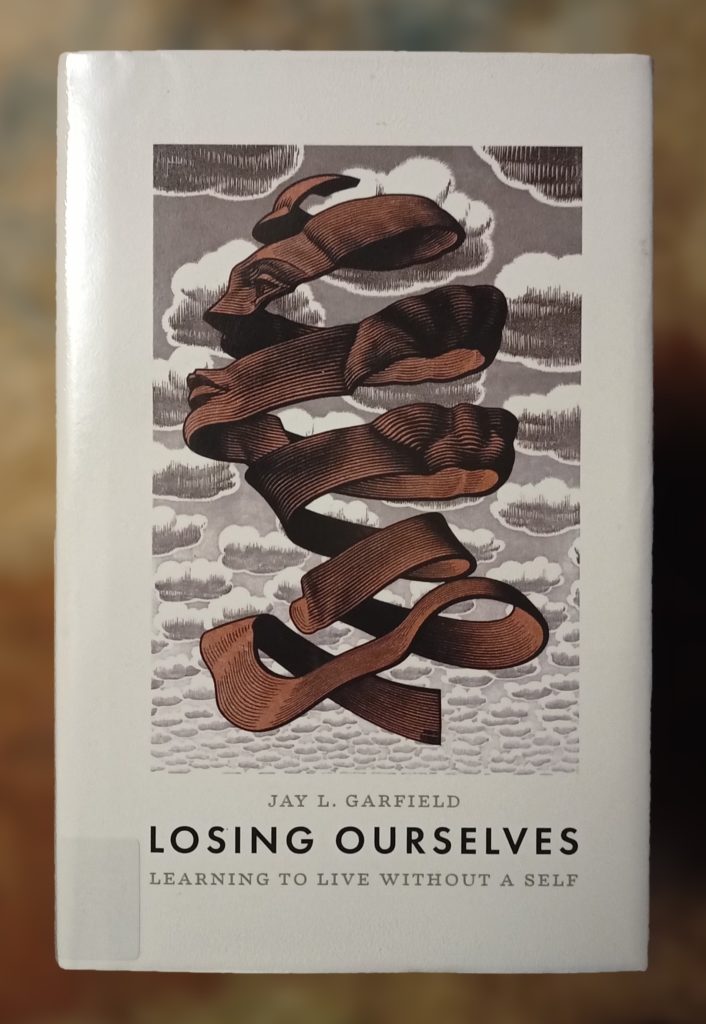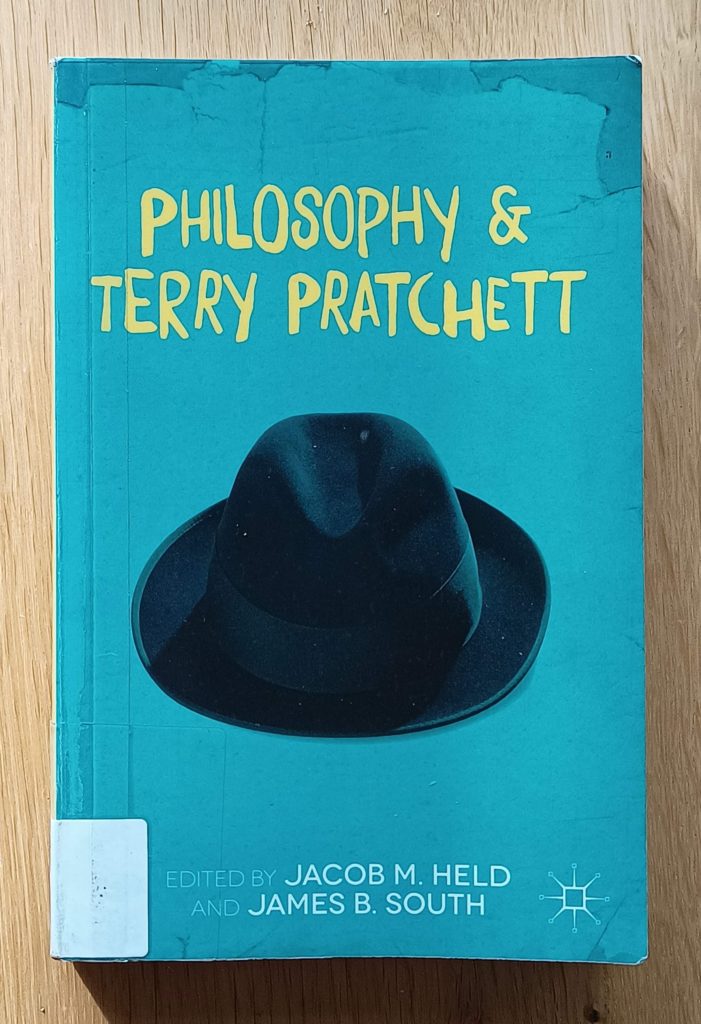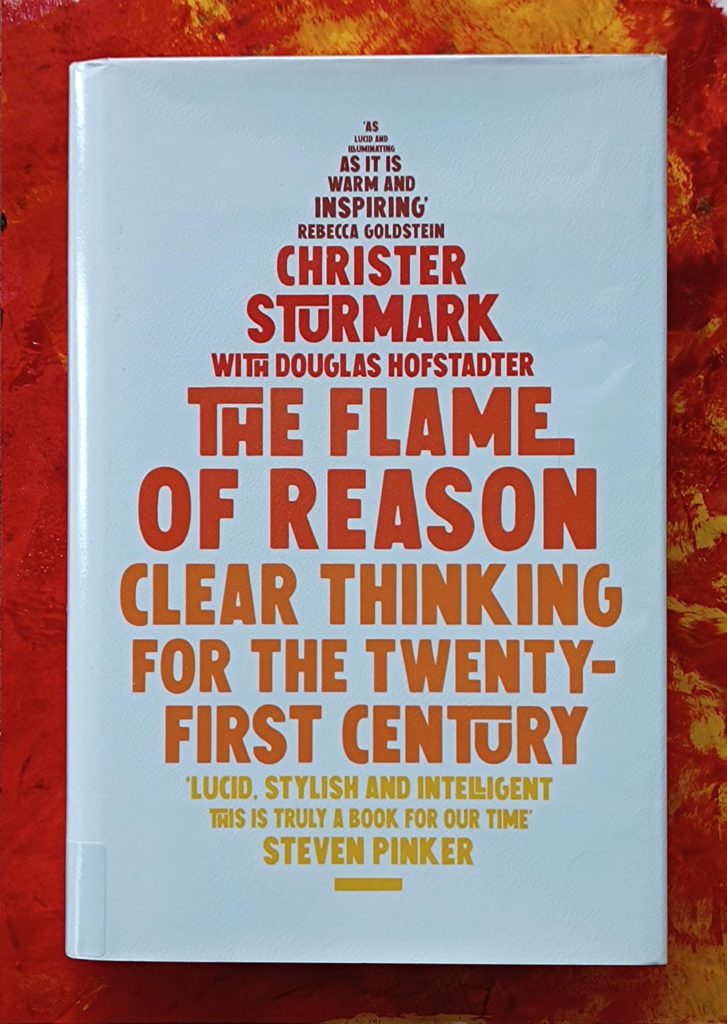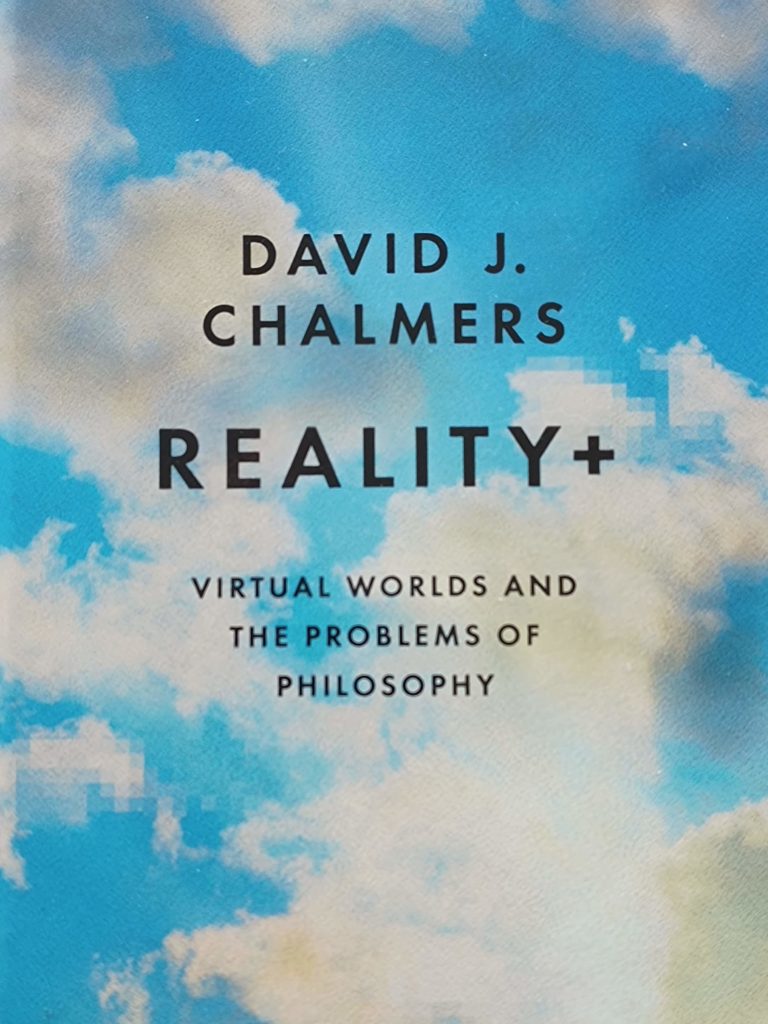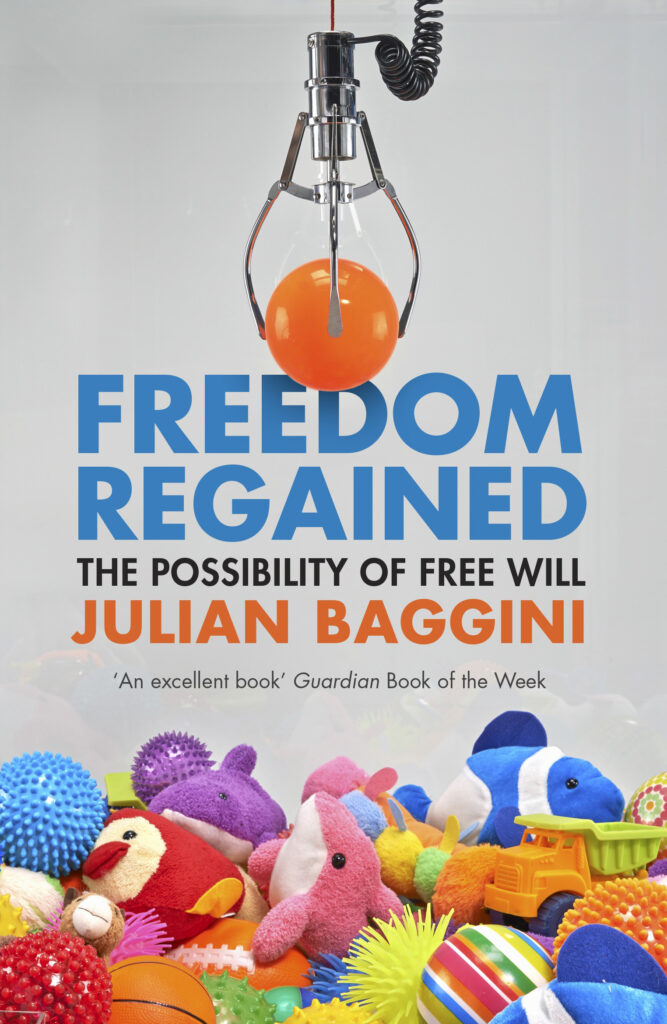
We do have free will, but it doesn’t necessarily mean what you think it means. Many conceptions of free will are just incoherent; if you think about it, free will can only mean that your decisions are consistent with your history and character. In this sense, we can have free will even if our actions are completely determined; an action can be free even if it could not have been any different.
Continue reading